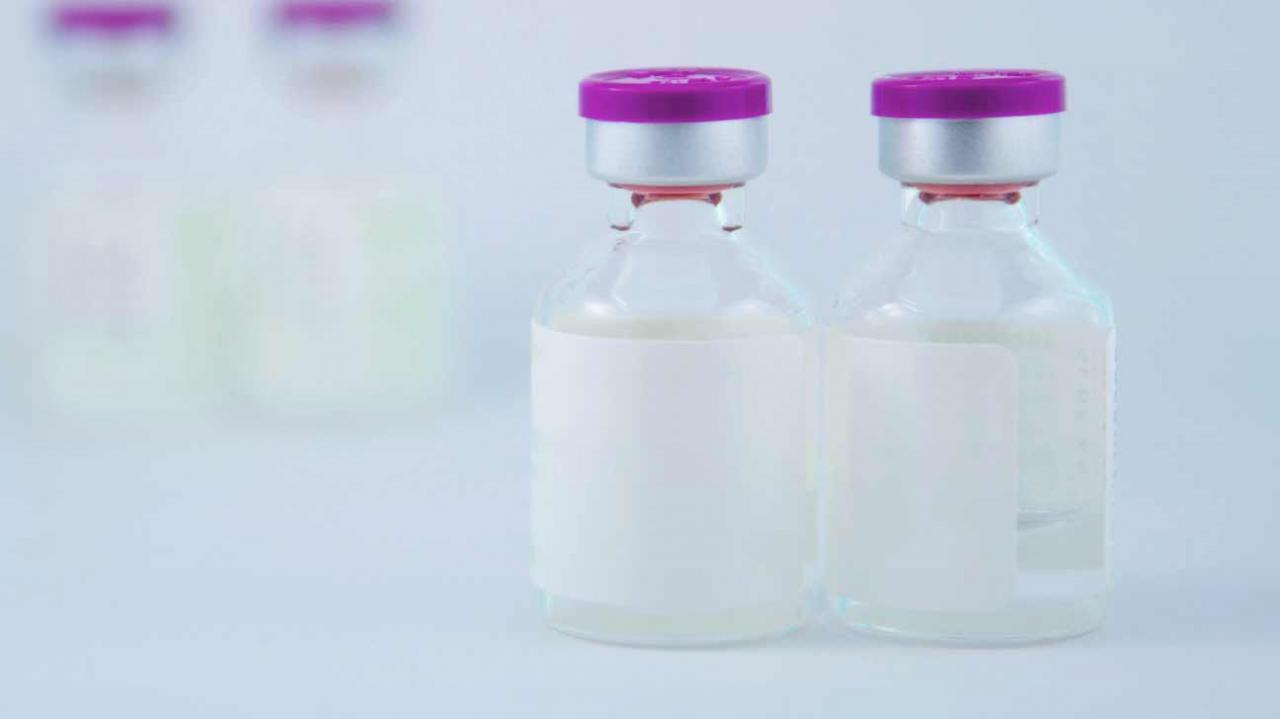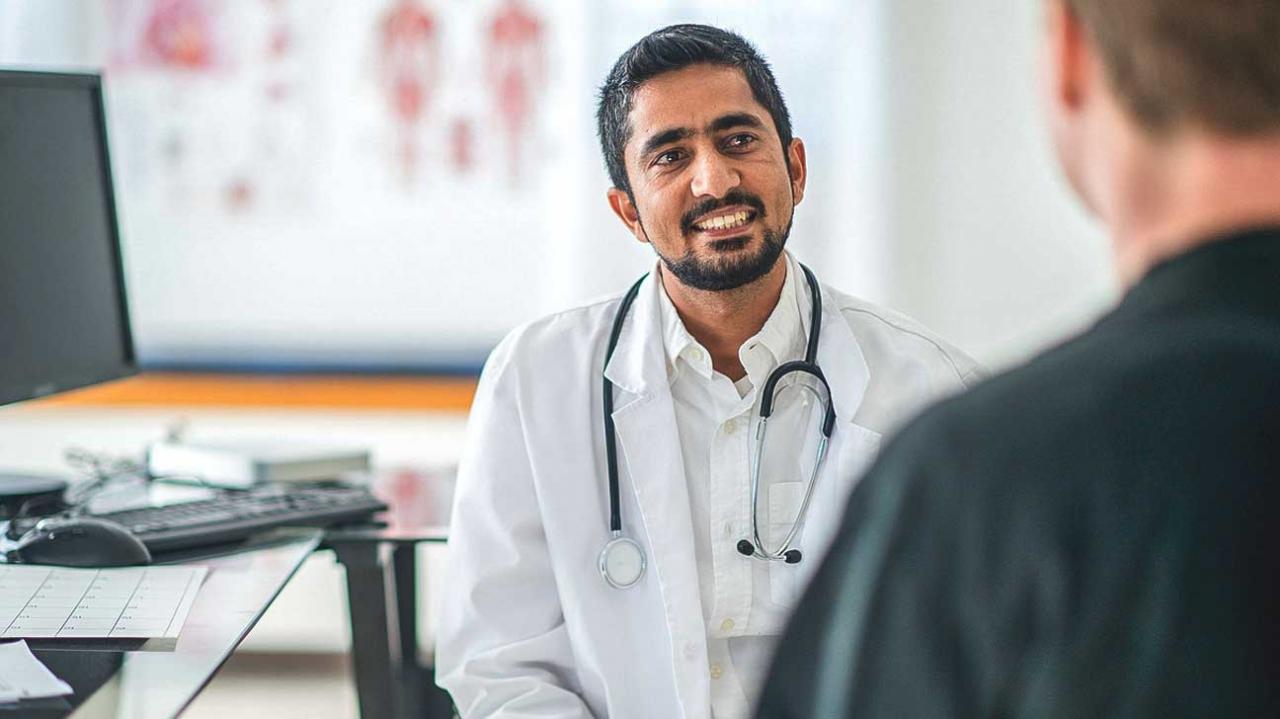
If the worst happened and your child was diagnosed with cancer you would probably want aggressive therapy for the child with hope for a cure, let alone to save your child’s life. In diseases like childhood leukemia these days, the vast majority of the time, aggressive therapy works.
But when it comes to chronic conditions many parents worry if strong medicines are too strong, or too new, and that there could be unforeseen long-term side effects that made the therapy not worth it.
This very discussion came up as I walked with a friend along Seattle’s Puget Sound. The friend’s daughter has Crohn’s disease, a serious, progressive, auto-immune condition that causes inflammation in the digestive tract, can be disabling, and raise the risk of colon cancer.
In recent years powerful biologic medicines have been approved to treat Crohn’s, even in children. My friend’s daughter began IV infusions every eight weeks. They were told the medicine would be a wonder drug, and for several years it has been. The child has resumed a full life and that has been a tremendous gift. But there continue to be reports of a higher risk of lymphoma, a serious cancer, down the road. It is not a trivial risk. And parents wonder whether there could be other risks that are not yet known. After all, the biologic therapy does powerful work on the immune system, albeit in a very targeted way.
The same balancing act of therapy versus future risk weighs on the minds of parents of children who take anti-depressants, anti-anxiety medicines, and stimulants for ADHD. Are these pills helping the child enjoy a fuller life, and even if they are, could other problems lie ahead?
I, for one, feel a child with poorly treated illness may well be scarred for life. If there is an approved medicine to largely return them to health, I believe it is usually worth the typically small risk of other health concerns years later. Obviously, one must weigh this on an individual basis and it is no easy decision.
I heard how my friend still agonizes about the IV therapy his child continues to receive. On the one hand he worries about long-term effects, on the other he worries that the drug’s effectiveness will wane. Minutes later we both spied his teenager, happy, vibrant, enjoying life with friends. We celebrated the scene, hoped for many more like that and prayed she would be spared some unlikely side effect happening to her. Parents worry and feel the pain of their children. Even when the child no longer hurts the pain lingers in us. Maybe we know too much?
Patient Power: Online Video & Audio Interviews for Patients
Andrew's Blog: Leukemia Survivor





Add a Comment2 Comments
Thanks for sharing your story, Diana. We, at Empowher, are glad that you found our site and that you can share your story with other families as well as Mothers.
Please keep us updated on your daughter and join our site. We would be happy to hear more about your daughter.
Best in Health,
September 18, 2010 - 8:03amMissie
This Comment
I on the other hand decided that biologics were not worth the risk. I think if I had no other option and it was a last resort,of course I would agree to it. But I do think that it may be too aggressive of a treatment, especially in young children. I do think that my daughter's growth has been affected somewhat as she is only 5'1" at the age of almost 15, but my heart was telling me not to be forced into biologics, and to do my own research. I think I made the right choice. As a parent, we have to make informed decisions and weight out the pros and cons. The day may come some day, when her condition worstens to the point where we have to use biologics, but I hope that day never comes. Diana
September 18, 2010 - 7:56amThis Comment